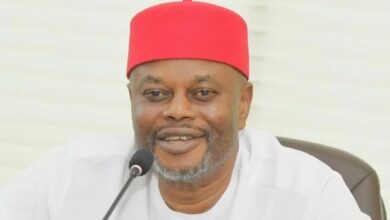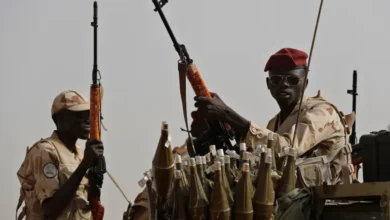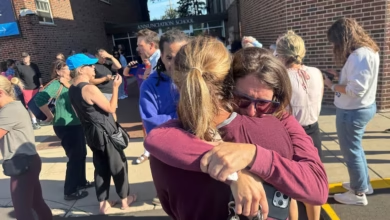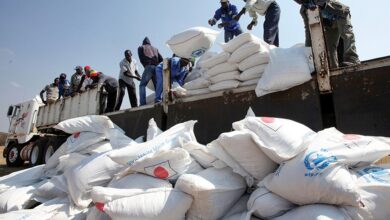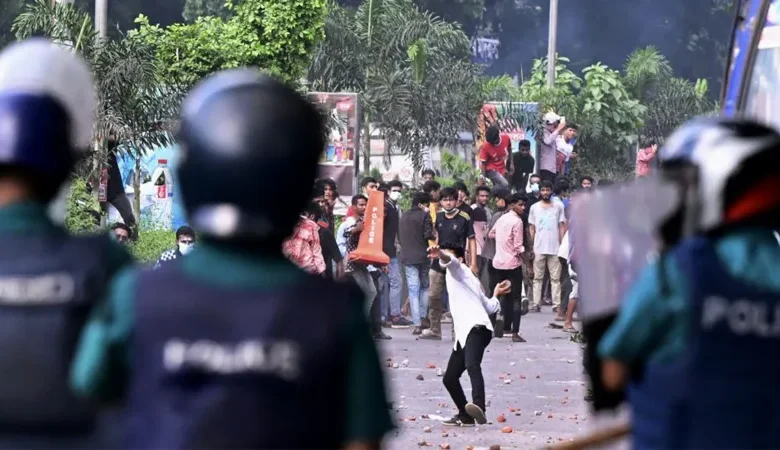
A leaked audio recording appears to show that former Bangladeshi Prime Minister Sheikh Hasina directly authorised the use of lethal force during last year’s deadly crackdown on student-led protests. The recording has been verified by BBC Eye Investigations.
In the audio—leaked online in March—Hasina is heard telling an unidentified senior official that she gave permission for security forces to “use lethal weapons” and instructed that “wherever they find [them], they will shoot.”
The recording is now being treated as key evidence in Hasina’s ongoing trial in absentia at a special tribunal, where she faces charges of crimes against humanity. Prosecutors say it is the clearest indication yet that she gave explicit orders to suppress the protests violently.
UN Estimates 1,400 Dead in Unrest
According to UN investigators, up to 1,400 people were killed during the unrest in the summer of 2024, marking the deadliest period in Bangladesh since the 1971 war of independence.
Hasina fled to India in early August last year, shortly before protesters stormed her official residence in Dhaka. Her political party, the Awami League, has rejected all charges against her and denies that the audio indicates an “unlawful intention” or a “disproportionate response.”
Origin of the Protests
The protests, which began as a movement against civil service job quotas that favoured descendants of 1971 war veterans, quickly grew into a nationwide uprising. Tens of thousands of demonstrators called for Hasina’s resignation after 15 years in power.
The situation escalated into mass violence, with some of the worst incidents reported on August 5—the day Hasina reportedly fled the country by helicopter.
New Details Emerge from BBC Investigation
The BBC World Service investigation has uncovered previously unreported evidence of a massacre by security forces in Dhaka, suggesting the true death toll may be significantly higher than official figures indicate.
This leaked call is the most direct evidence to emerge so far linking Hasina to orders for the violent crackdown. Prosecutors say it could be pivotal in establishing her role in what human rights groups have described as state-sanctioned violence.
